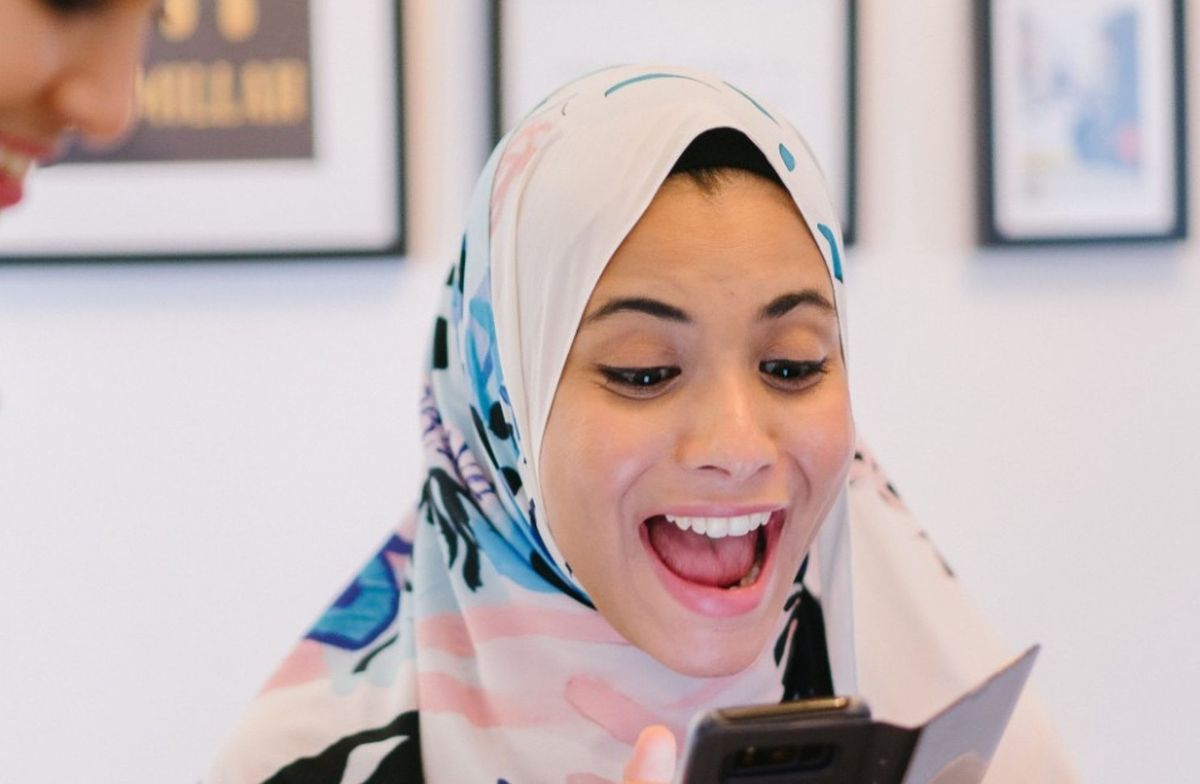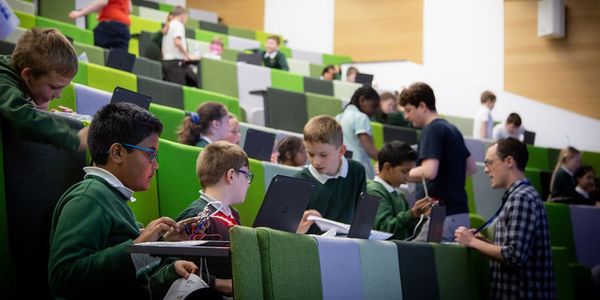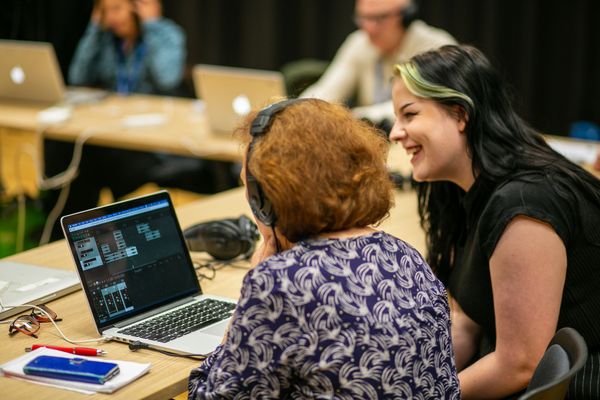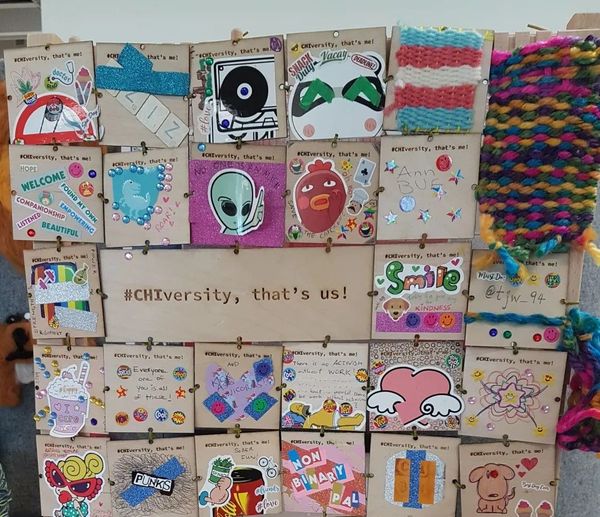
Using collaborative research methods learnt in Open Lab, PhD student Reem Talhouk took a new approach to working with refugee communities.
As part of her PhD in the Engineering and Physical Sciences Research Council (EPSRC) funded Digital Civics CDT she worked in a number of refugee settlements in Lebanon looking at the use of digital technologies, such as mobile phones and blockchain, to improve food security and public health among those communities.
This has led her to become a proponent for change in how researchers work with refugees, writing a paper about her experiences, which was published at the fully peer-reviewed ACM DIS 2019 conference (A ranked CORE conference) and presenting at the Alan Turing Institute on Data Driven Technologies as Experienced by Syrian Refugees.
Her research looking at how technology such as mobile phones could improve antenatal health in refugee communities was published at the fully peer-reviewed ACM CHI 2016 conference (A ranked CORE conference).
Reem was named DigiLeaders100 Young Digital Leader in 2020 for her work.
Alongside her research, she has been fundamental in building an HCI community of researchers who work with refugees after setting up a Special Interest Group at the ACM CHI conference in 2016.
The role of the researcher
Between 2017 and 2019 Reem worked with refugee women on a co-design project in settlements in Lebanon looking at the World Food Programme’s food e-voucher system, which is transitioning into a blockchain.
The research found that many refugees were entering into ‘grey area transactions’ buying non-food items with e-vouchers, and were unable to use the e-vouchers to do collective purchasing.
By working in the refugee settlement, and working collaboratively, she was able to make sure refugees too saw a benefit from the research.
Since this study, the community have used the data she collected to help them make better purchases in shops, such as buying 20kg of laundry detergent to share.
They have also said they no longer want to work with researchers in a “tokenistic manner”. Reem explained they want someone who will: “spend time and listen to them. They want to be considerate to how they can benefit from having researcher in the community.”
She published findings from this research, with recommendations to the World Food Programme in an article on the Conversation, which was republished by the World Economic Forum.
Reem said: “The Digital Civics programme has been useful, because it is so multidisciplinary. It brings together sociology, politics and other research areas into HCI.”
“The research and the methods I was taught in this Lab allowed me to have a good relationship with the community I worked with, and this shifted the way they saw the research.”
Creating an HCI community
Reem has been central to creating a community of HCI researchers working with refugees across the world.
She has offered advice to MA students working in a similar field, and has done placements to help other researchers. The community allows for people to be supportive of each other and blend skills. They have since ran workshops at a number of conferences such as ACM CHI, ACM GROUP and Communities & Technology (C&T).
This community is working towards changing the narrative of how researchers work with refugees in a humanitarian context.
Research funds
Reem is the COI on a successful UKRI-GCRF Early Child Education (2019) grant on a Global Challenges Research Funds - looking at Language development in Arabic-speaking children in the early years: tackling the roots of academic and social inequalities.
She is also part of the team that won a Facebook Crisis Informatics Research Award (2018) in Data & Design Methods for Supporting Crisis Informatics in Conflict Zones.


